Introduction: Unlocking the Value of Your Property
Real estate is more than just a place to live—it’s a powerful financial asset that can open doors to significant business opportunities. Whether you’re launching a new venture or scaling an existing one, using your property to secure a business loan can provide the capital you need without selling your home or commercial space. This strategy is especially useful for entrepreneurs who want to maintain ownership while accessing liquidity.
In this comprehensive guide, we’ll explore how to get a business loan against real estate assets, the eligibility criteria, documentation required, pros and cons, and smart tips to maximize your approval chances. Let’s dive in.
What Is a Loan Against Property (LAP)?
A Loan Against Property (LAP) is a type of secured loan where you mortgage your residential or commercial property to borrow funds from a bank or financial institution. The loan amount sanctioned typically ranges between 50% to 75% of the property’s current market value.
This type of loan is increasingly popular among business owners for its relatively low interest rates, flexible tenures, and high loan limits.
Types of Properties Eligible:
- Residential property (self-occupied or rented)
- Commercial property (offices, shops)
- Industrial property (warehouses, factories)
- Vacant land (in some cases, subject to lender policies)
Why Consider a Business Loan Against Real Estate?
1. High Loan Amounts
Real estate-backed loans can offer substantial funding, making it suitable for capital-intensive businesses.
2. Lower Interest Rates
Since it’s a secured loan, the interest rates are significantly lower than unsecured business loans or personal loans.
3. Longer Repayment Tenures
Repayment tenures can stretch up to 15–20 years, which eases the EMI burden.
4. Continued Ownership
You don’t have to sell your property—you retain ownership while monetizing its value.
5. Improved Cash Flow
With quick access to funding, you can improve your operational cash flow and take advantage of growth opportunities.
Eligibility Criteria for Getting a LAP
While eligibility may vary from lender to lender, here are the standard criteria:
- Age: 25–70 years
- Income proof: Steady business income for at least 2–3 years
- Credit Score: Ideally 700+
- Property title: Clear and free from legal disputes
- Existing liabilities: Fewer debts means better eligibility
Additional Considerations:
- Type and location of the property
- Business turnover and profitability
- Previous repayment history
Documents Required
Here’s a list of documents commonly required by financial institutions:
For Individuals:
- Identity proof (Aadhar card, PAN card, passport)
- Address proof (utility bill, ration card)
- Bank statements (last 6–12 months)
- Income Tax Returns (ITR) for 2–3 years
- Proof of business existence (GST certificate, registration certificate)
- Property documents (title deed, tax receipts, approved plan)
For Companies/Firms:
- Business registration documents
- Audited financial statements
- Board resolution (in case of companies)
- Partnership deed (for partnerships)
- List of directors/partners
Step-by-Step Process to Get a Business Loan Against Property
Step 1: Property Valuation
Banks conduct a professional assessment of your property’s market value. This directly impacts the loan amount you qualify for.
Step 2: Application Submission
You need to fill out the loan application and submit the required documents.
Step 3: Credit Assessment
The bank checks your credit score, income documents, and business performance.
Step 4: Legal and Technical Verification
Banks verify property title, ownership, and ensure there are no legal issues.
Step 5: Loan Offer and Disbursal
Once approved, the bank issues a sanction letter with terms and conditions. After signing, the loan is disbursed, either in a lump sum or in tranches.
Key Terms to Understand
Loan-to-Value (LTV) Ratio:
This is the percentage of the property’s market value that the bank is willing to lend. Typically ranges from 50% to 75%.
Interest Rate:
Varies depending on credit score, property value, and lender. Typically ranges from 8% to 12% p.a.
Tenure:
Can go up to 20 years. Choose longer tenure for lower EMIs.
Processing Fees:
Generally between 0.5% to 2% of the loan amount.
Pros and Cons of Using Property to Get a Business Loan
Pros:
- Lower interest rates compared to unsecured loans
- Higher borrowing limits
- Long repayment terms
- Continued property ownership
- Faster processing if all documents are in order
Cons:
- Risk of losing the property if you default
- Lengthy documentation process
- Property must be clear of legal issues
- Not ideal for short-term needs
Smart Tips for Getting Approved
- Improve your credit score before applying
- Choose a co-applicant to strengthen eligibility
- Keep all documents ready and updated
- Avoid applying with multiple lenders simultaneously
- Use a professional for property valuation
Real-Life Scenarios: When It Makes Sense
1. Expanding Your Business
A restaurant owner in Ahmedabad used a LAP of ₹50 lakhs to open two more outlets.
2. Buying Equipment or Inventory
A textile manufacturer financed new machinery worth ₹30 lakhs using LAP at a 9% interest rate.
3. Launching a Startup
A software entrepreneur used his ancestral home to secure ₹25 lakhs in seed funding.
Why Choose Around Town Realty (ATR) When Planning Property-Based Loans
When considering a loan against real estate, choosing the right property is just as crucial as choosing the right lender. Around Town Realty (ATR) helps you make smart investment choices from the start—ensuring your property holds long-term value, is legally sound, and is located in high-demand areas.
Whether you’re looking for a commercial shop, residential flat, or investment-ready plot, ATR offers:
- Expert guidance on property appreciation potential
- Legal verification to ensure clear titles
- Connections to reliable financial partners for LAP
- End-to-end support from site visits to registration
Looking for a property that doubles as a smart investment tool? Let Around Town Realty (ATR) help you find the perfect space today. Contact us to start your property journey.
Secure your future—buy smart with ATR and unlock the financial power of your property when needed.
FAQs: Business Loan Against Real Estate Assets
1. Can I get a business loan against inherited property?
Yes, as long as you have legal ownership and proper documentation of the inherited property.
2. What is the maximum tenure for a loan against property?
The tenure can go up to 15–20 years depending on the lender.
3. Is income proof mandatory for salaried or self-employed individuals?
Yes, banks require income proof like salary slips, ITRs, or audited financials to evaluate repayment ability.
4. What if I default on my loan?
In case of default, the lender has the legal right to auction your property to recover the dues.
5. How is the interest rate decided?
It depends on factors like your credit score, the property’s value, income stability, and lender policy.
6. Can NRIs apply for a LAP in India?
Yes, many Indian banks offer LAP to NRIs, but documentation and processing may take longer.









